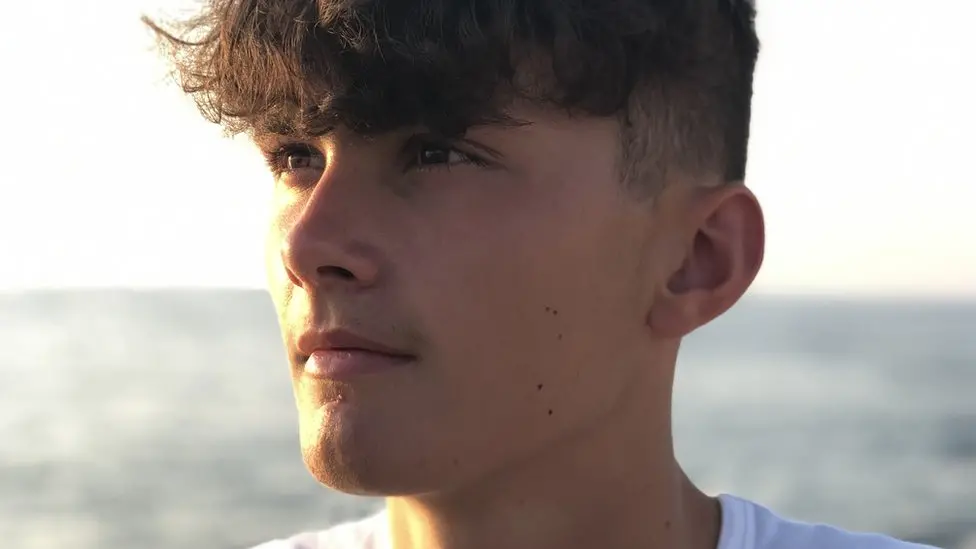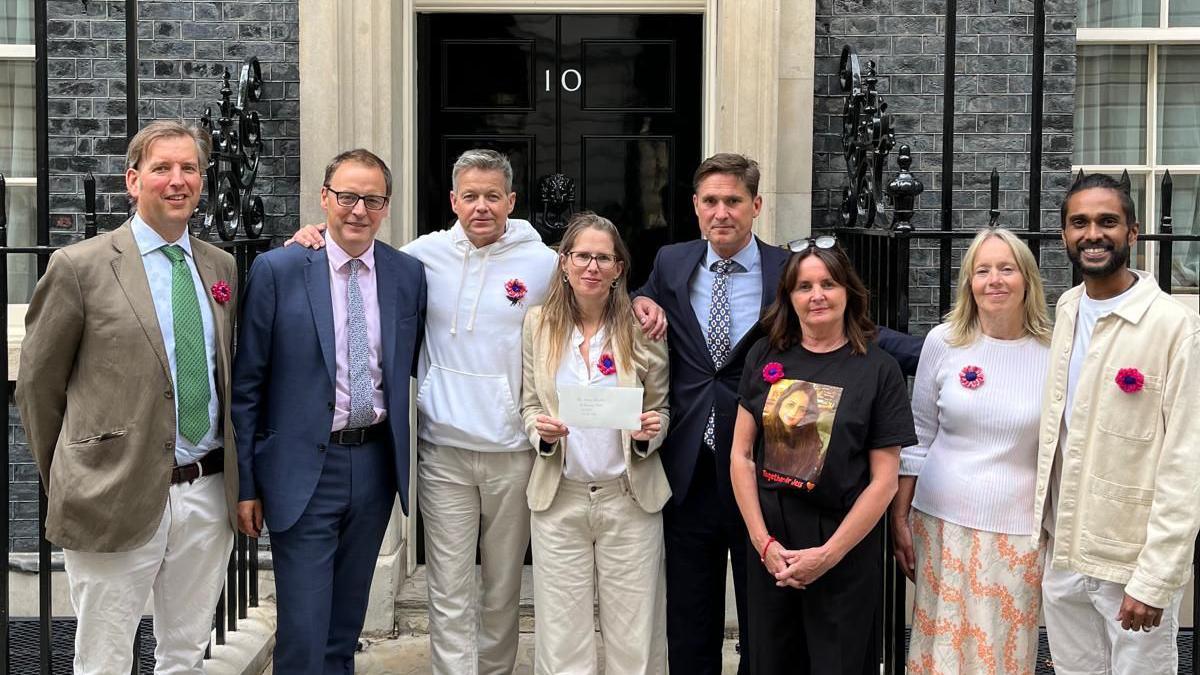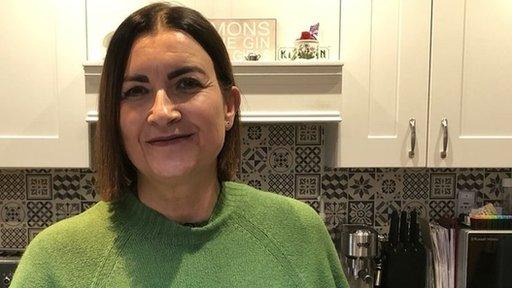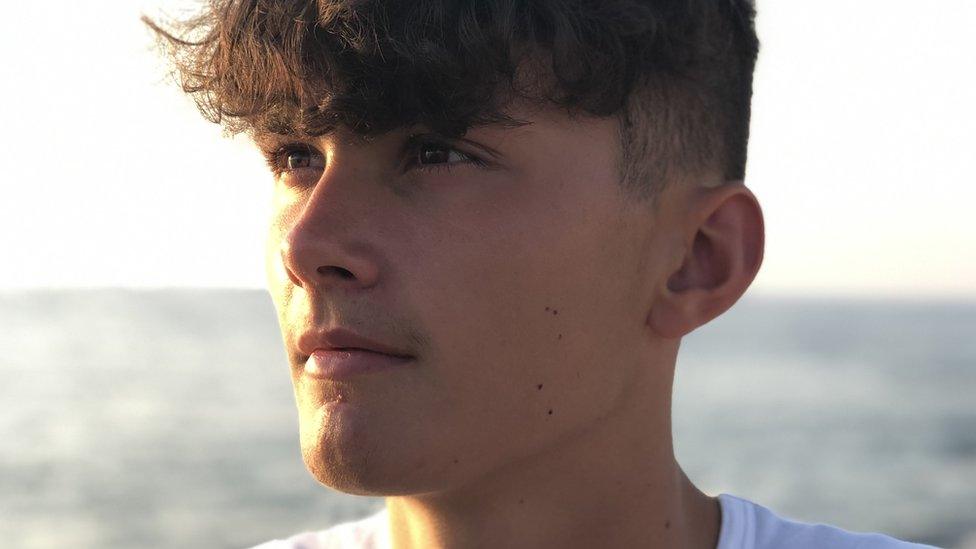Brain cancer research dedicated to 'incredible boy'

Ethan Treharne died in 2021, aged 17
- Published
The family of a teenager who died from incurable brain cancer has used money they raised in his memory to pay for seven days of research to fight the disease.
Ethan Treharne, from Owlsmoor, Berkshire, died in November 2021 at the age of 17 from glioblastoma.
He was diagnosed after suffering from severe headaches and slurred speech as he prepared for his GCSEs and his parents, Nikki and Justin, have raised nearly £95,000 for Brain Tumour Research for their "incredible boy".
The charity said just 1% of the national spend on cancer research has been allocated to brain cancer since 2002.
"When you've suffered the loss of a child, there are so many ways that you can deal with that," Mrs Treharne said.
"For me, because Ethan was kind and wanted to help people, it became very clear that that was going to be his legacy and how I needed to channel my grief to help people that would face this devastating diagnosis."
She added: "Ethan was an incredible boy. He was so brave. He was 15 when he was diagnosed and at not one point did he say 'why me?' or 'I can't do this'.
"He fought with such determination and such bravery and helped so many people along the way in his journey."
More stories from Berkshire
From £10k to 10p: Gambling addiction in the forces
- Published28 October
Award-winning wildlife photographers crowned
- Published28 October
How churches are surviving challenging times
- Published27 October
Dr Karen Noble, from Brain Tumour Research, said anyone helping the charity "can be reassured that they're helping us get closer to find a cure".
The money raised by Ethan's family will fund seven days of research but the charity said each of it's five centres of excellence across the UK need £1m a year to sustain their work.
With three in London, one in Plymouth and another in Scotland, the charity is planning to announce the opening of another centre in the New Year, Dr Noble added.
"The main symptoms – and remember there are 120 different types of brain tumours so I'm talking in general terms – are quite vague and non-specific so GPs find them very hard to diagnose," she said.
"Often by the time someone is diagnosed with a brain tumour, it's progressed and treatment needs to start straight away."
Get in touch
Do you have a story BBC Berkshire should cover?
Related topics
- Published10 September

- Published5 February 2024

- Published10 February 2023
